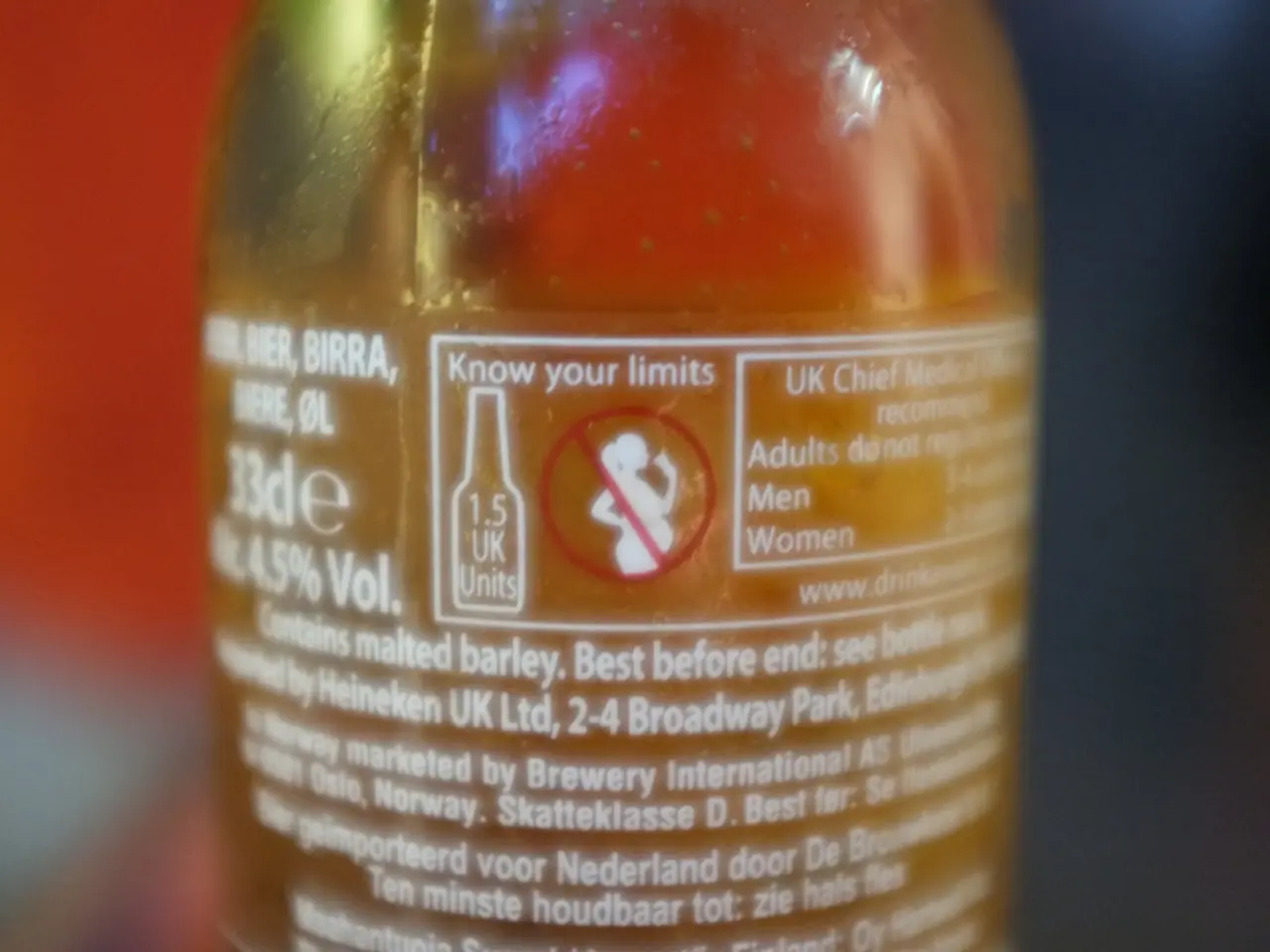Pharmaceutical sector continues testing for dubious alkyl sulfonate ester impurities in medications after a decade
In the realm of pharmaceutical production, a contentious issue has arisen concerning the testing for alkyl sulfonate ester contaminants. These compounds, known to be potentially mutagenic and capable of reacting with DNA, pose a risk of cancer.
Regulatory authorities in the UK and Europe have mandated such testing due to concerns about the safety risks associated with these contaminants. One of the key reasons is that alkyl sulfonate esters can react with DNA, leading to mutagenic events, which are linked to cancer risk.
However, the formation of these substances under typical drug manufacturing conditions requires extreme circumstances, such as high concentrations of sulfonic acid and alcohol with little or no water. Despite this, regulatory agencies adopt a precautionary approach, requiring testing to ensure safety.
Scientific research suggests that the risk of sulfonate ester formation is low, especially if proper neutralization of acids is performed. This indicates that the presence of such contaminants is unlikely if good manufacturing practices are followed.
Despite this, regulators continue to mandate testing due to the potential severity of the safety risk. This reflects a conservative precautionary principle in drug safety standards.
The European Directorate for the Quality of Medicines & HealthCare (EDQM), which publishes the European Pharmacopoeia, used the Viracept incident as evidence for the necessity of testing for alkyl sulfonate esters. In 2007, several batches of the HIV drug Viracept (nelfinavir), developed by Roche, were contaminated with high levels of ethyl methanesulfonate. The contamination was explained by a cleaning error involving methanesulfonic acid and alcohol.
The necessity of testing for alkyl sulfonate ester contaminants in pharmaceuticals is a topic of debate. Some experts question whether it is a waste of time and resources, while others argue that it is a necessary safety measure. Raphael Nudelman, a pharmaceutical chemical toxicology consultant based in Israel, agrees with the latter, stating that the reaction conditions used in the production of sulfonate salts do not create the highly acidic environment necessary to form alkyl sulfonate esters.
On the other hand, David Snodin, a UK pharmacotoxicology consultant, has raised concerns about the necessity of such testing. He maintains that this type of contamination is not possible under standard good manufacturing practice conditions. Snodin has written opinion pieces questioning European policy on alkyl mesylate impurities in 2020 and 2023.
Nudelman, too, believes that overly cautious, unsupported measures can drain resources without improving safety. He criticises the "production statement" requirements in the European and British Pharmacopoeia, arguing that they are not scientifically justified and that both pharmacopoeias have maintained these requirements without providing mechanistic or empirical data to support them.
This debate continues, with industry stakeholders discussing the issue at annual meetings, such as the one held by the European Medicines Agency (EMA). However, the topic of alkyl sulfonate ester testing has not been suggested in the last 10 years.
In conclusion, while the formation of alkyl sulfonate ester contaminants in drugs is unlikely under controlled manufacturing conditions, the potential mutagenicity and cancer risk of these compounds provide a valid scientific foundation for regulatory testing requirements in the UK and Europe. However, the debate surrounding the necessity and cost-effectiveness of these tests continues.
Pharmaceutical experts debate the necessity of testing for alkyl sulfonate ester contaminants in the industry, as some argue it's a crucial safety measure, while others contend it's a waste of resources. Meanwhile, health and wellness advocates emphasize the potential risks of these contaminants to the environment and medical-conditions, given their mutagenic properties linked to cancer. Regulatory authorities maintain testing requirements as a precautionary principle in drug safety standards.




